Introduction:
Globally of science education, the integration of hands-on learning via experiments is a transformative process that significantly enhances students’ understanding and retention regarding scientific concepts. This article delves into the importance of incorporating experiments into science lesson plans, studying the benefits, strategies, and concerns for creating an impressive and effective learning feel for students.
Enhancing Conceptual Understanding:
Hands-on experiments provide young people with a tangible and concrete experience of scientific principles, fostering a deeper understanding of summary concepts. When students previously engage in experiments, they can see and experience the application of hypothetical knowledge, making it more unforgettable and impactful.
Fostering Fundamental Thinking and Problem-Solving Expertise:
Experimentation encourages students to consider critically and solve problems independently. Designing science lessons that incorporate experiments rapide students to analyze data, lure conclusions, and make connections in between cause and effect. These skills are essential for scientific query and are transferable to various aspects of life.
Promoting Inquiry-Based Studying:
Hands-on experiments are integral to promoting inquiry-based figuring out, where students are encouraged to ask questions, form hypotheses, and investigate answers through investigation. This process nurtures curiosity and empowers students to take an active task in their learning, aligning while using principles of scientific inquest.
Increasing Engagement and Attention:
Experiments inject an element of joy and curiosity into scientific research lesson plans, capturing students’ curiosity and attention. Active response in hands-on activities provides an impressive dynamic and engaging learning setting, motivating students to delve deeper into the subject matter and even develop a genuine interest in science.
Connecting Theory to Hands on https://marvelsnap.io/forum/viewtopic.php?id=109&page= Applications:
Hands-on learning gives the connection between theoretical know-how and real-world applications. Knowledge lesson plans that incorporate studies provide students with opportunities to see how scientific principles are applied in practical scenarios. This connection enhances the esprit of scientific concepts throughout everyday life.
Catering to Different Knowing Styles:
Individuals have different learning styles, and hands-on experiments cater to various modalities of learning. Visual, kinesthetic, and auditory learners take advantage of the multi-sensory experience of experimentation, being sure that science lesson plans are offered and effective for a comprehensive spectrum of students.
Building a Foundation for Laboratory Capabilities:
Exposure to experiments in scientific disciplines lesson plans lays the foundation for developing essential you skills. Students learn appropriate techniques for handling equipment, obtaining data, and interpreting success. These foundational skills are usually valuable for future controlled pursuits and laboratory-based training.
Encouraging Collaboration and Verbal exchanges:
Collaborative experiments provide prospects for students to work together, cultivating teamwork and communication abilities. Science lesson plans that combine group experiments create a collaborative atmosphere where students may discuss observations, share information, and collectively problem-solve.
Things to consider for Successful Implementation:
Safe practices Protocols and Supervision:
When designing experiments for science lessons, educators must prioritize protection. Clear and detailed essential safety protocols should be established, as well as experiments should be conducted within appropriate supervision. Ensuring that young people are aware of safety measures promotes a good secure and conducive figuring out environment.
Resource Accessibility and even Affordability:
Science lesson plans must look into the accessibility and price of experiment materials. Make use of readily available and cost-effective assets ensures that experiments can be done in a variety of educational settings, selling inclusivity and equal involvement among students.
Conclusion:
Including hands-on experiments into science lesson plans is a pedagogical tactic that transcends traditional schooling methods. By providing students along with opportunities to actively engage in scientific exploration, educators cultivate a passion for learning, critical thinking expertise, and a lifelong appreciation for your wonders of science. When science education continues to progress, the integration of hands-on mastering remains a cornerstone for fostering the next generation of technologically literate and curious people today.


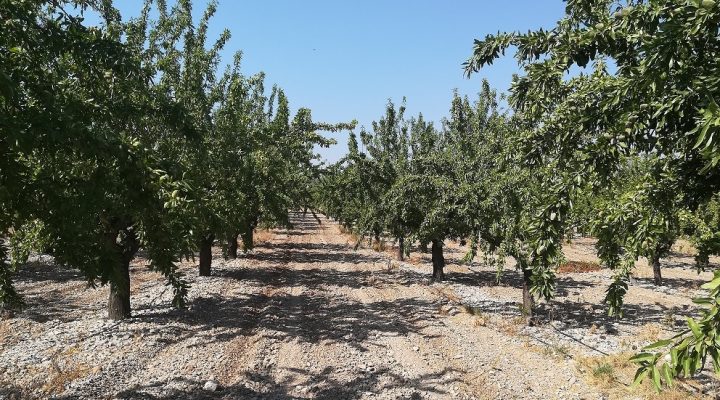


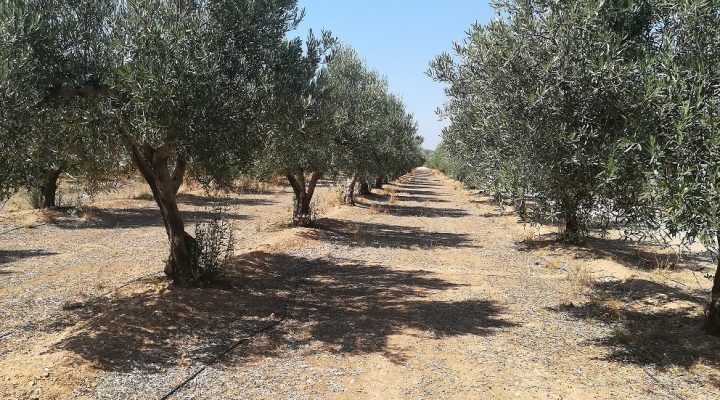


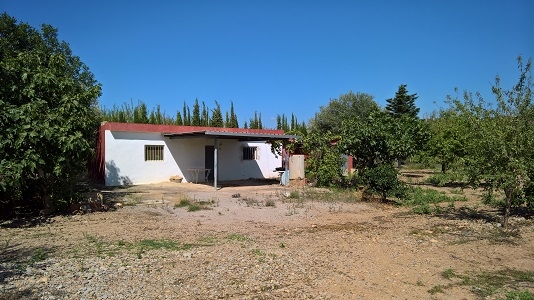
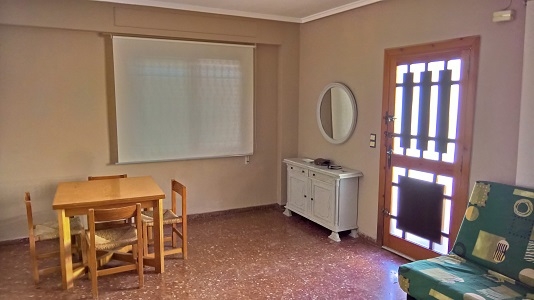
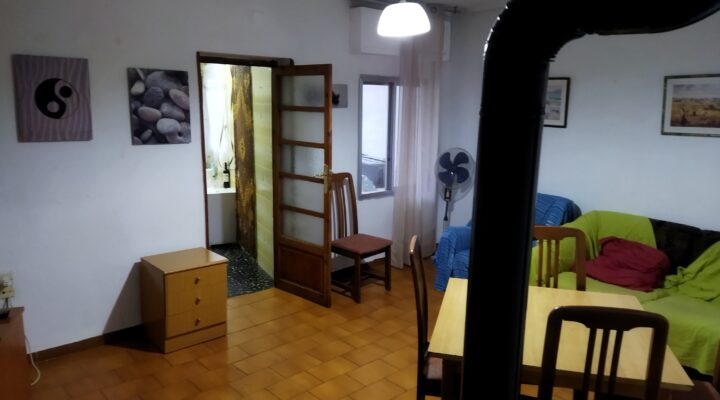
Compartir